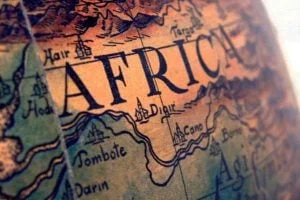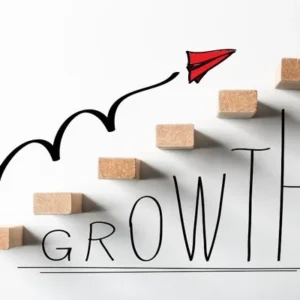In Tolaria, Madagascar, a coastal city located about 1,000 kilometers southwest of the capital Antananarivo, nearly every woman’s livelihood is tied to the fishing industry. Many of these women work as fishmongers, but they have long faced difficulties in selling fish due to a lack of essentials such as ice and cold storage. Without proper preservation facilities, they often lose income and opportunities, especially during the non-fishing season. Virginie Gorette Ratiarainandrasana, Chairperson of the National Network of Women in Fisheries in Madagascar, explained that limited access to viable markets has prevented them from securing fair prices for their products.
However, conditions are improving for Tolaria’s women fishmongers through a regional integration initiative financed by the African Development Bank (AfDB). The “Multinational Program for Improving Fisheries Governance and Blue Economy Trade Corridors in the Southern African Development Community,” commonly known as ProFishBlue, is working to reduce post-harvest losses in Madagascar and across the Southern African Development Community (SADC) region. Under this program, Ratiarainandrasana’s network received a three-ton refrigerated truck to preserve and transport fish, along with training to minimize spoilage and waste.
At the truck handover ceremony, attended by Madagascar’s Minister for Fisheries and Blue Economy, Dr. Paubert Tsimanaoraty Mahatante, and representatives from regional and international organizations, it was emphasized that ProFishBlue aligns with Madagascar’s national strategies for sustainable fisheries development and inclusive economic growth. Minister Mahatante noted that the initiative supports the empowerment of women and youth, fostering a more equitable and sustainable blue economy.
Launched in March 2022, ProFishBlue is backed by a $9.2 million grant from the African Development Bank, designed to strengthen transboundary fisheries governance, enhance inter-regional trade, and cut post-harvest losses in fisheries and aquaculture. Ahmed Khan, Chief Fisheries Officer and Blue Economy Coordinator at AfDB, highlighted that women and youth are vital to Africa’s economic growth, and that women play a central role in the fish value chain across the continent. By improving competitiveness in cross-border fish trade, the initiative helps increase household incomes and quality of life for women in the sector.
Beyond Madagascar, the program has extended its support to other African nations. It has provided fish hatcheries and research equipment in Malawi and Zambia, business development services for small and medium enterprises in Tanzania, and advanced laboratory tools for Zambia and the Democratic Republic of the Congo to improve fish product testing and quality assurance.
ProFishBlue’s implementation is led by the SADC Secretariat in collaboration with partners including the African Organisation for Standardisation, the United Nations Food and Agriculture Organization (FAO), the United Nations Industrial Development Organisation (UNIDO), WorldFish, and the World Wide Fund for Nature (WWF). Civil society participation, notably through the African Women Fish Processor and Traders Network, ensured women’s inclusion in the project design.
Madagascar’s National Network of Women in Fisheries is among seven enterprises across southern Africa to receive refrigerated trucks under ProFishBlue. Operating in 11 of Madagascar’s 23 regions, the network represents over 8,200 women from 118 women-led fishery associations. SADC’s Director of Food, Agriculture, and Natural Resources, Domingos Gove, expressed optimism that these resources will significantly improve the livelihoods of women engaged in fish processing and trade. Additionally, all seven beneficiary enterprises received training in governance, finance, asset management, and post-harvest practices—empowering them to strengthen their role in the region’s sustainable blue economy.







